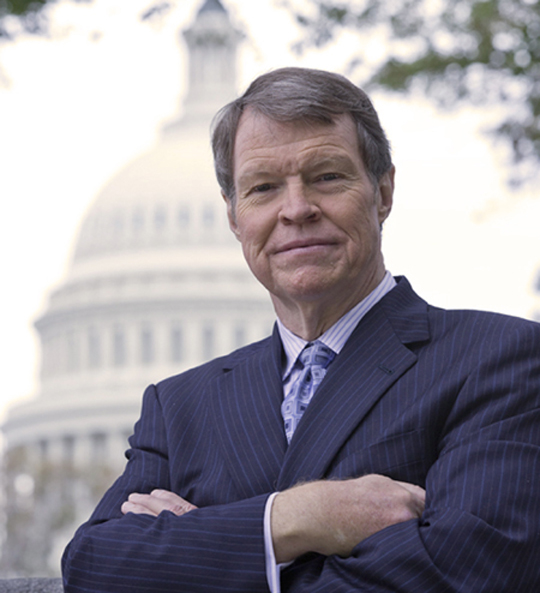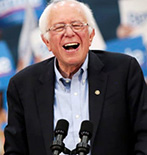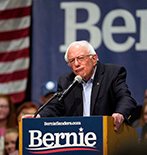
Merrill Matthews, Ph.D., is a resident scholar with the Institute for Policy Innovation, a research-based, public policy “think tank.” He is a health policy expert and opinion contributor at The Hill. He also serves on the Texas Advisory Committee of the U.S. Commission on Civil Rights.
Dr. Matthews is a past president of the Health Economics Roundtable for the National Association for Business Economics, the largest trade association of business economists. Dr. Matthews also served for 10 years as the medical ethicist for the University of Texas Southwestern Medical Center’s Institutional Review Board for Human Experimentation, co-author of On the Edge: America Faces the Entitlements Cliff, and has contributed chapters to several books, including Physician Assisted Suicide: Expanding the Debate and The 21st Century Health Care Leader and Stop Paying the Crooks (on Medicare fraud).
He has been published in numerous journals and newspapers, including The Wall Street Journal, Investor’s Business Daily, Barron’s, USA Today, Forbes magazine and the Washington Times. He was an award-winning political analyst for the USA Radio Network.
Dr. Matthews received his Ph.D. in Humanities from the University of Texas at Dallas.
Five Turning Points in the Quest for US Energy Independence
Today, the United States is on the verge of achieving not just energy independence, but energy dominance—but not because of taxpayer-provided subsidies to alternative and renewable energies. Rather, new drilling innovations and technologies have made the U.S. the world’s largest producer of crude oil and natural gas.
Yet Another Way for Blue Staters to Flee to a Red State
Conservatives living in blue states are looking for a way out without having to move. The good citizens of Oregon have proposed an unusual solution.
Don't Believe the Hype: US Carbon Emissions Are Actually Dropping
U.S. emissions reductions rarely make headlines. But that doesn't change the fact that natural gas is helping clean up our environment.
What Foreign Steel, NATO and Prescription Drugs Have in Common
If the president doesn't want to import price-controlled, foreign-made steel, then why does he want to import price-controlled prescription drugs?
Two Cheers for Trump's Budget and a Big Boo for Democrats' Response
A step-in-the-right-direction budget—if the reality matches the rhetoric, which it often doesn't.
Which Carbon Hypocrite Would You Want for President?
Democratic presidential candidates fly to campaign stops in private jets to scold the rest of us about our carbon footprint.
Sanders' Desire to Destroy Our Free Market Economy Would Doom Democrats This Fall
Most presidential candidates call for change. Sanders is much bolder; he’s calling for a “revolution.”
What Kind of Disrupter Would President Sanders Be?
Being a disrupter could be either positive or negative, depending on whether and how a voter thinks the country needs disrupting.
An Easily Forgotten Point: Price Is Not the Same as Spending
Efforts to control prescription-drug prices by setting prices through a government mandate are not likely to control overall prescription-drug spending.
'Greedy' Drugmakers Pour Money into Finding a Coronavirus Fix
Governments can't act as quickly as private sector drug companies when it comes to finding a vaccine for the coronavirus or any other epidemic.












